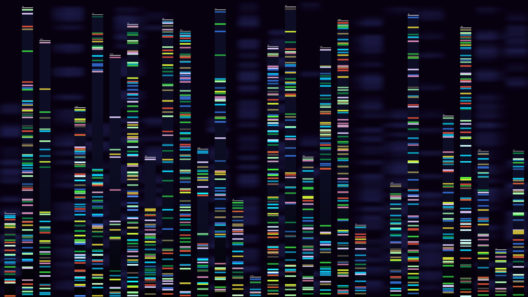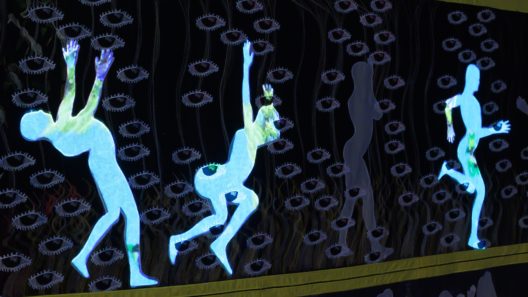Blog
Writing, thinking and debating about how data and AI can be made to work for people and society
Explore the Ada blog
Filter by:

The Ada Lovelace Institute in 2023
Reflections on the last year and a look ahead to 2024 from Ada’s outgoing Director Carly Kind and Interim Director Fran Bennett

Genomics, AI and the politics of a data-first approach to medical evidence
What are the consequences of new forms of data-driven methods for health outcomes?

Evaluating data-driven COVID-19 technologies through a human-centred approach
What we can learn from missing evidence on digital contact tracing and vaccine passports?

AI regulation and the imperative to learn from history
What can we learn from policy successes and failures, to ensure frontier AI regulations are effective in practice?

Seizing the ‘AI moment’: making a success of the AI Safety Summit
Reaching consensus at the AI Safety Summit will not be easy – so what can the Government do to improve its chances of success?

The data of the most vulnerable people is the least protected
How has biometric data collection caused harm in the context of humanitarian interventions and where do future risks lie?

Regulating AI in the UK: three tests for the Government’s plans
Will the proposed regulatory framework for artificial intelligence enable benefits and protect people from harm?

What will the role of standards be in AI governance?
Why standards are at the centre of AI regulation conversations and the challenges they raise

Understanding COVID-19 certificates in the context of recent health securitisation trends
What narratives have framed pandemic-related technologies and who do they leave out?

The value chain of general-purpose AI
A closer look at the implications of API and open-source accessible GPAI for the EU AI Act

Monstrous glitches and loving intensities
Reading Ada Lovelace’s legacy through the lenses of craft, art, society and culture.

Understanding AI research ethics as a collective problem
Changing the culture on AI-driven harms through Stanford University’s Ethics and Society Review